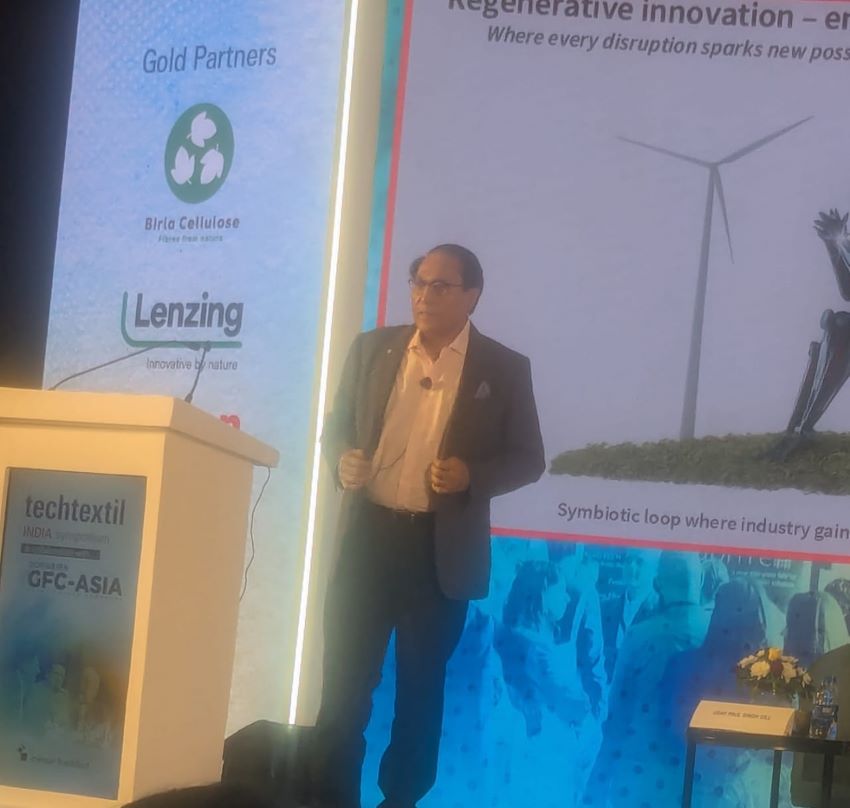There is an ongoing debate in the United States on how the Trans Pacific Partnership can benefit the country. Manufacturing workers and unions think another free trade deal will inevitably hurt them. The last half-century of globalisation, they feel, has coincided with a massive loss of blue-collar jobs.
Big business is mostly in favor of the deal, although not universally so. Tobacco companies are unhappy that it deprives them of the right to sue countries that restrict trade by limiting cigarette sales. Pharmaceutical companies complain that they aren’t getting enough protection for their patents.
Hollywood, Silicon Valley and agribusiness mostly like the deal, which protects entertainment copyrights, eases the flow of data across borders and opens doors for US exports of meat and rice to Asia.
However the TPP isn’t only about trade. It’s also about economic reform, higher labor standards and environmental protection in developing countries such as Vietnam and Malaysia. And it's a way to knit countries on the Pacific Rim into a trading system that the United States helped design instead of one run by China.
However, there is a growing conviction TPP will not create jobs, protect the environment or ensure safe imports. Rather it appears modeled after the North American Free Trade Agreement, where the largest global corporations benefit and working families are left behind.
US debates TPP and its benefits
- 1
- 2
- 3
- 4
- 5
- 6
- 7
- 8
- 9
- 10
Hanging by a Thread: US Tariffs cripple Indian textile exports, orders drop 70%
India’s textile and apparel industry is facing an unexpected mid-cycle rupture that is reshaping the sector’s economics far faster than... Read more
Sourcing's new compass, navigating apparel's great migration beyond Asia
The global apparel sourcing business is redefining the metrics of success beyond traditional labor costs. Led by geopolitical risks, consumer... Read more
No A-Grades for Climate: What the fossil-free fashion scorecard reveals about in…
For years, the global fashion industry has promised a cleaner, greener future but 2025’s Fossil-Free Fashion Scorecard by STAND.earth offers... Read more
Wired Threads: How India’s textile backbone is powering the smart apparel future
India’s huge textile industry, long celebrated for its command over cotton and competitive manufacturing scale, is going through a foundational... Read more
The New Core Competency: How sustainability and advanced fabrics are driving Ind…
The SportTech Pavilion at Techtextil India, hosted by Concepts N Strategies, concluded with a unanimous declaration: for India to successfully... Read more
New EU import rules set to raise prices for Shein and Temu, boosting European re…
Europe’s fashion and textile scenario is on the verge of its most consequential structural shift in over a decade. The... Read more
Global apparel trade rebalances in 2025 as Europe rises, Asia stumbles: Wazir Ad…
As the global apparel economy enters the final quarter of 2025, trade flows across major markets reveal a sector facing... Read more
Tariffs, turbulence and tenacity, India’s textile sector finds new strength
India’s textile and apparel export sector is showing a remarkable capacity to adapt and thrive in one of the most... Read more
Future Fiber Demand and the Chemical Recycling Imperative: Global industry eyes …
The global textile industry is entering a period of exponential growth and profound technological transformation, according to key figures speaking... Read more
Regenerative innovation and the Human-Centric future of textiles
The global textile industry is at a crossroads where mere efficiency and profit no longer guarantee survival. This was the... Read more












